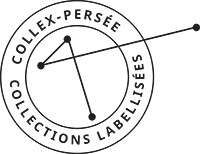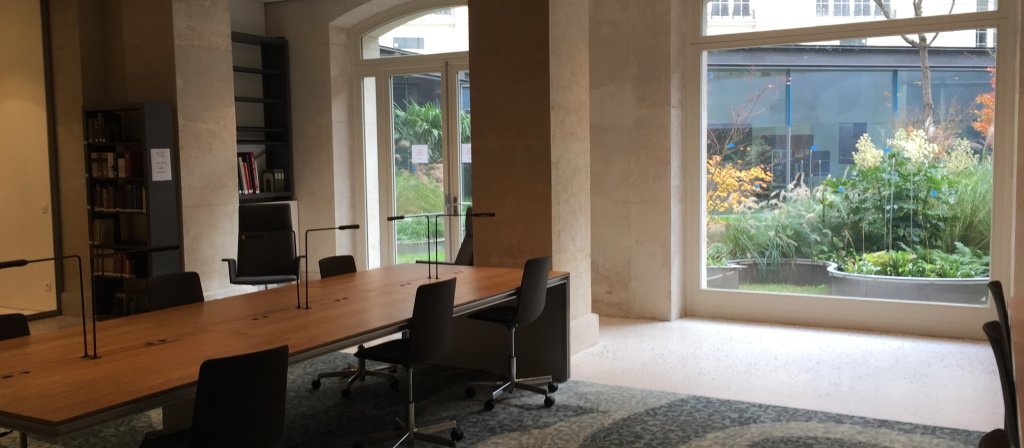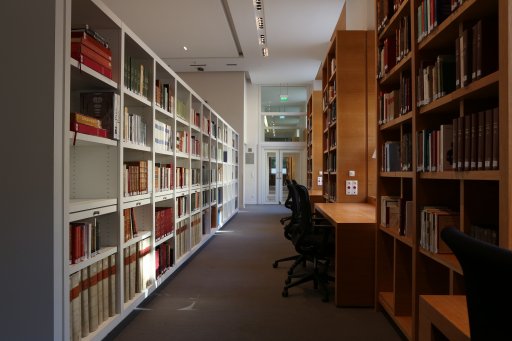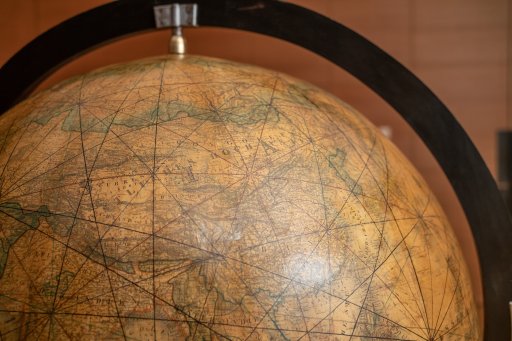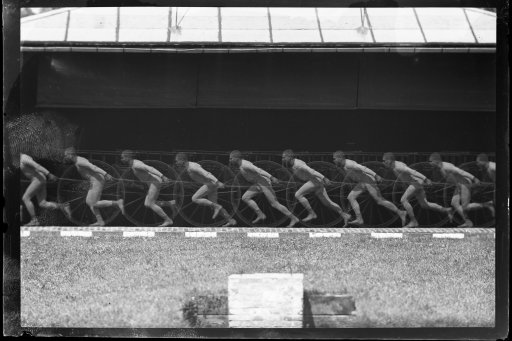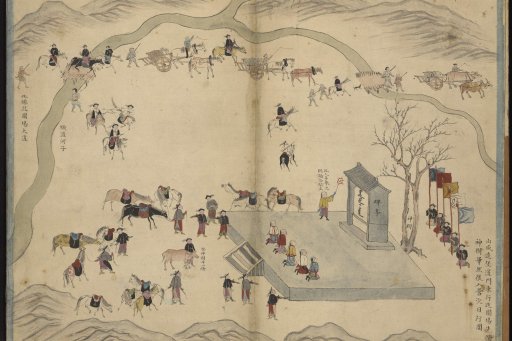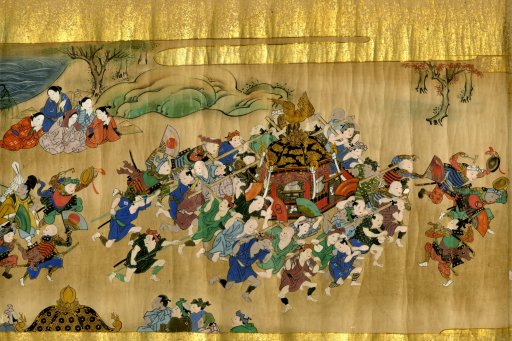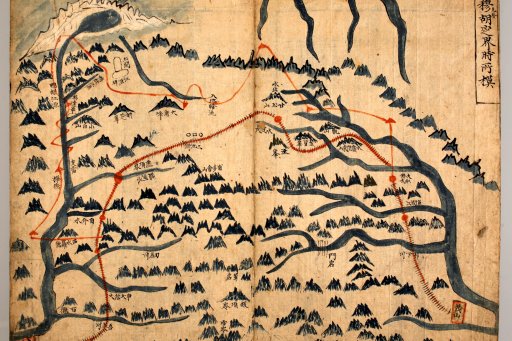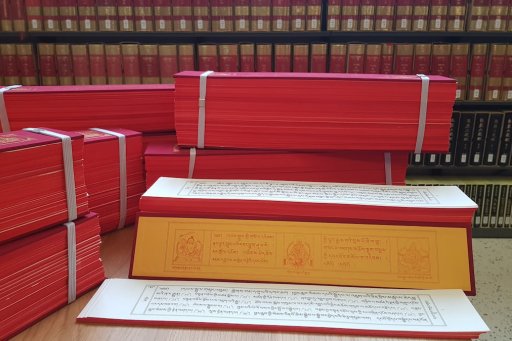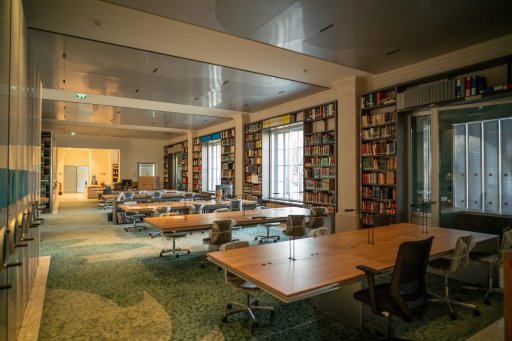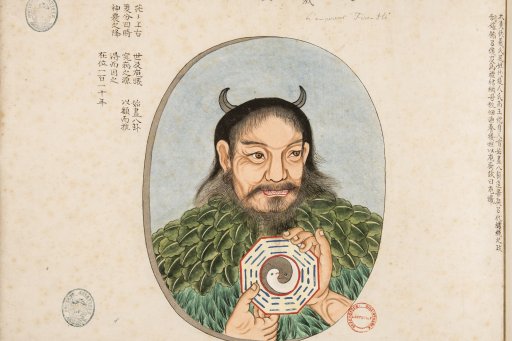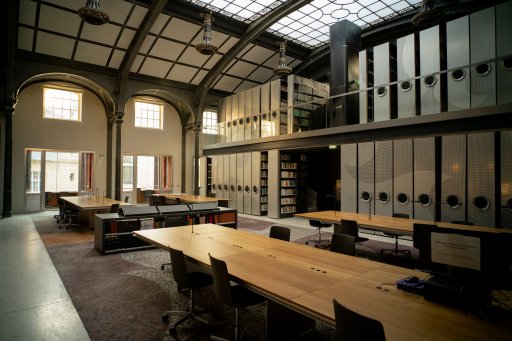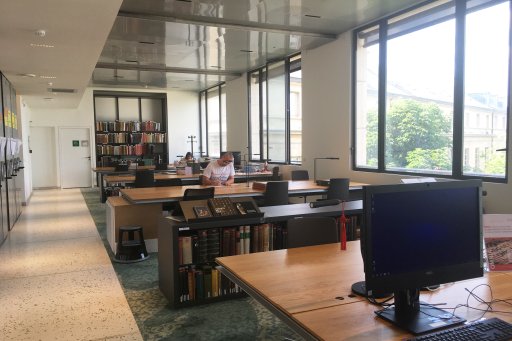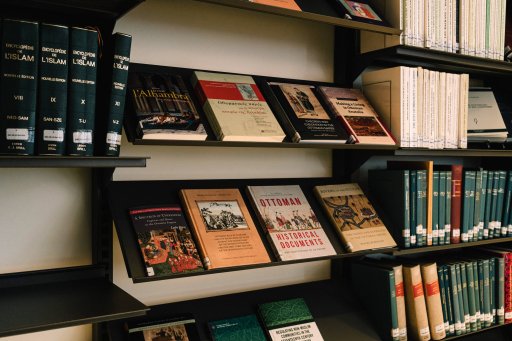Founded in Paris in 1929, jointly by the American scholar Thomas Whittemore and the Byzantine Institute of Boston (Massachusetts), the Byzantine Library has a collection of almost 50 000 works on Byzantine civilization, with particular emphasis on early Christian and Byzantine archaeology and art, byzantine history and literature, the history of the Orthodox Church, liturgy, art and the history of the countries where Byzantine civilization had its influence (Slavic countries, Georgia, Armenia, the Near East, etc.).), as well as Coptic art and literature.
In conjunction with its research teams, it is developing specialized collections focusing on Byzantine epigraphy, numismatics, diplomacy and sigillography, as well as on Mount Athos, in the context of the publication of the archives of the Athos monasteries, which has been carried out for many years by one of its teams.
A copy of the microfilms of the Arabic and Greek and Christian East sections of the Institut de Recherche et d'Histoire des Textes (IRHT, CNRS UPR 841), with almost 3 500 Arabic microfilms, 9 000 microfilms of Greek manuscripts and 3 500 microfilms of Eastern Christian manuscripts (Coptic, Syriac, Armenian, Christian Arabic, Ethiopian, Georgian, Slavonic), is deposited at the Institute of Civilizations and can be consulted at the Byzantine Library. See the Arcadatabase for available reproductions (check the language and classification of the reproduction : MF (IRHT)). These documents can be consulted in a carrel equipped with a microfilm reader, by entering the box number provided by the database.
The library offers 58 WIFI-equipped seats, including 2 carrels and a group work room accessible by prior reservation.
The library also holds part of Thomas Whittemore's archives (correspondence, various files, photos), as well as a number of objets d'art (Coptic fabrics, icons, crosses) acquired by him.
In May 2021, the library was awarded the " CollEx- collections d'excellence " label by the Collex-Persée scientific interest group. This label identifies research-level holdings that are remarkable for their scope and originality, and enables the labeled library to be associated with national projects for mapping and digitizing holdings, or to participate in calls for projects involving researchers.
